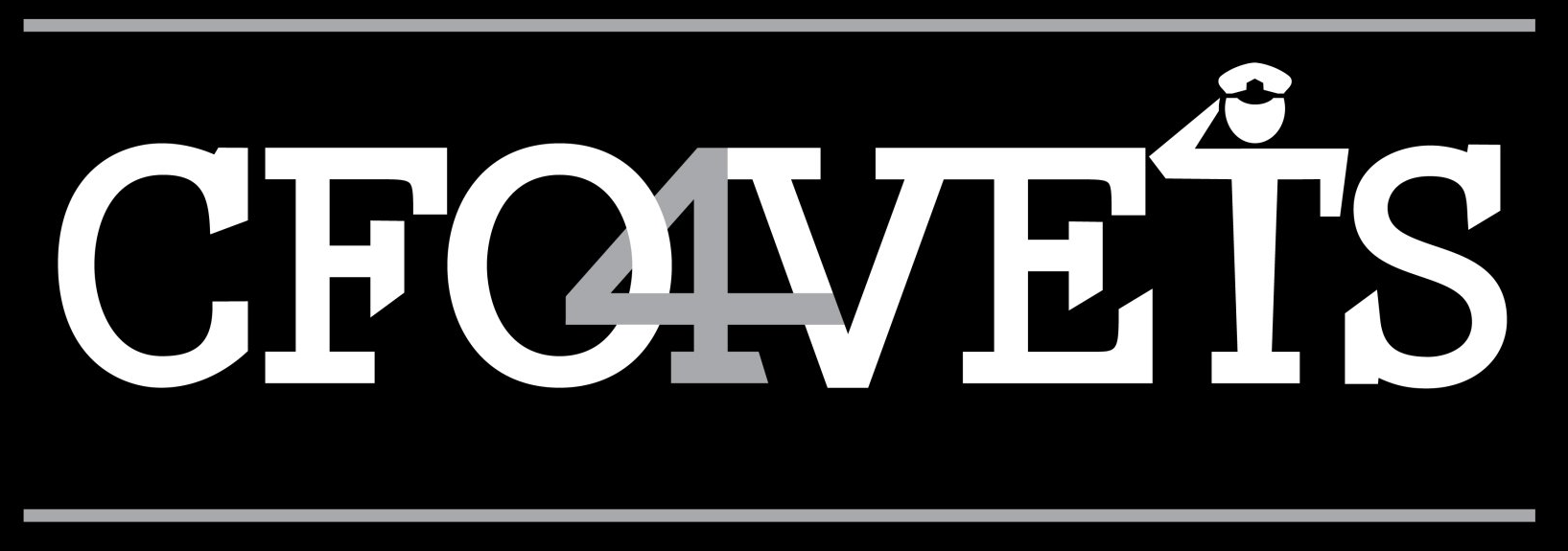I read the outcome of the Theranos trial with great interest. Theranos is yet another high-profile example of fraud and deception. Elizabeth Holmes, CEO of Theranos, was convicted on four counts of fraud. Fiduciary responsibility was violated repeatedly over a long period.
Experienced investors poured $1.4 billion in capital into the company based on what was supposed to be an ingenious device that reliably and accurately tested for a wide assortment of conditions based on a few drops of blood.
In hindsight, there were a variety of red flags that should have given investors pause. One red flag was the absence of a Chief Financial Officer (CFO) for most of the time that Theranos was in business. Theranos had a CFO for only eight months out of fifteen years. The CFO was let go by Holmes after expressing concern that Theranos faked test results.
It isn’t easy to comprehend how a business receiving $1.4 billion in funding was without a CFO for most of its existence. The CFO is expected to be the truth-teller, the reality check to balance out unfettered optimism, the enforcer of financial and operational discipline, and the conscience of the business. In the absence of a CFO, Theranos’ finances became utterly disconnected from reality and the company’s external facade.
The financial fiction reached a crescendo in 2014 when Theranos issued a projection claiming $1 billion in revenue in 2015, even though its revenue in 2014 was around $100,000 and its contracts were shrinking rather than expanding.
Integrity matters significantly in life and business. We must trust the people we work with closely inside and outside our company. Fraud in any form is deplorable and serves to chip away at our faith in those charged with fiduciary responsibility.
Thus, when your business needs a full-time or part-time finance chief, take a long, hard look at the character and trustworthiness of your candidates. Your CFO must have impeccable integrity to oversee your business’ finances and tell you the truth about your company.







